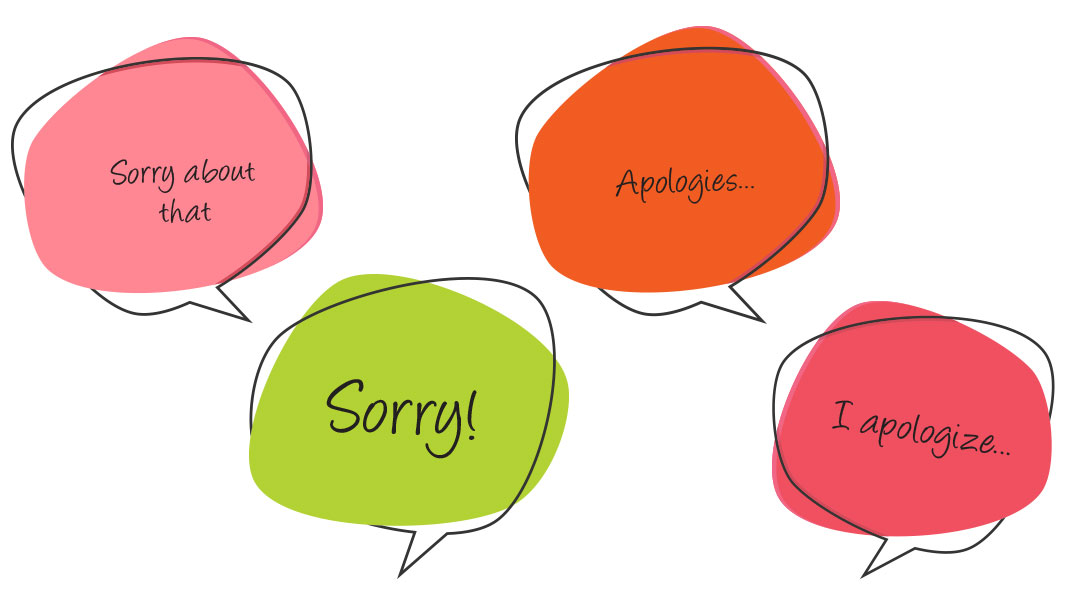No Recreational Reading for a Week

I intend to make sure I don’t substitute reading about self-improvement for actually practicing it
M

“And that’s why she turned out thoughtful and well-read, and I’m just... me,” she would finish. It was wise, went the implied postscript, that I put intellectual stimulation ahead of gleaming counters.
Fast-forward 15 years, and I’ve begun to see the merits of both approaches. I’ve been enriched and edified by years of reading, but my house sure could use a good deep clean.
It’s more than just housekeeping, though. Reading is a way to unwind, an escape, a distraction from the mundane that fills my days. Instagram and Twitter get all the flak, but really anything used excessively can impinge on relationships. When I read, I’m as withdrawn from my husband and kids as if I were on my phone.
And on a personal level, while reading is a more highbrow use of time than, say, Candy Crush, it can be a virtuous way to avoid hard self-scrutiny or introspection. There are so many things I wish I had time for: really focusing on my kids’ problems, self-development, staying on top of housework. How much of the time I spend reading could be devoted to those pursuits?
The Challenge
I’m going to cut out all recreational reading for a week. What’s recreational? That’s a little ambiguous. At the very least, all periodicals, novels, popular nonfiction.
A halachah sefer would be okay, as would mussar. English-language Torah material? Borderline. While it may be uplifting, for the purpose of this experiment, it has to have some direct relevance. Otherwise, it’s suspected of just being another sneaky attempt to distract me from more important areas of focus.
I intend to make sure I don’t substitute reading about self-improvement for actually practicing it.
Getting Ready
My chief preparation turns out to be procrastination. The most obvious day to start my week would be Shabbos, but as the kids head off to bed on the first early Friday night of the year, the recliner beckons and my Family First is simply too enticing. I can’t manage a whole Shabbos of this!
Besides, if everyone is going to sleep, I can’t spend quality time with them, right? What harm would it do?
So I push off my start time. Come Sunday, I push it off again. A whole Sunday spent ferrying kids to their various clubs, friends, and shopping trips, definitely calls for dipping in and out of the local advertising and news circular. And when the house is blessedly quiet for a few minutes, a book and a snack.
How It Went Down
Monday proves to be an excellent day to start, since the whirlwind beginning of a school- and workweek leaves me with very little downtime. In the evening, it’s relatively easy to quell the post-supper temptation to let the mess of the day sit a few minutes while I unwind with a book; instead I immediately begin sorting laundry and loading the dishwasher as if I do this every night.
Oops! We could not locate your form.













